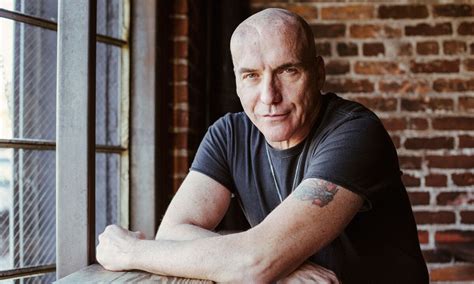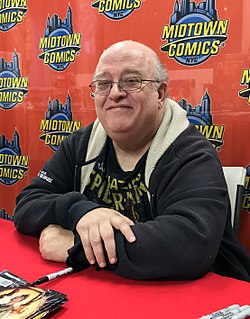A Quote by Aristotle
While fiction is often impossible, it should not be implausible.
Quote Topics
Related Quotes
...the test of a first-rate intelligence is the ability to hold two opposed ideas in the mind at the same time, and still retain the ability to function. One should, for example, be able to see that things are hopeless and yet be determined to make them otherwise. This philosophy fitted on to my early adult life, when I saw the improbable, the implausible, often the "impossible," come true.
Science fiction, as I mentioned before, writes about what is neither impossible nor possible; the fact is that, when the question of possibility comes up in science fiction, the author can only reply that nobody knows. We haven't been there yet. We haven't discovered that yet. Science fiction hasn't happened.
I don't actually have a one wellspring of inspiration. Though I'm most often inspired while reading - both fiction and nonfiction. I subscribe to National Geographic, Scientific American, Discover, and a slew of other magazines. And it is while reading articles for pleasure and interest that an interesting 'What if?' will pop into my head.
You should never read just for "enjoyment." Read to make yourself smarter! Less judgmental. More apt to understand your friends' insane behavior, or better yet, your own. Pick "hard books." Ones you have to concentrate on while reading. And for god's sake, don't let me ever hear you say, "I can't read fiction. I only have time for the truth." Fiction is the truth, fool! Ever hear of "literature"? That means fiction, too, stupid.
Truth usually makes no sense. If your desire is for everything to make perfect sense, then you should take refuge in fiction. In fiction, all threads tie together in a neat bow and everything moves smoothly from one point to the next to the next. In real life, though... nothing makes sense. Bad things happen to good people. The pious die young while the wicked live until old age. War, famine, pestilence, death all occur randomly and senselessly and leave us more often than not scratching our heads and hurling the question 'why?' into a void that provides no answers.








































